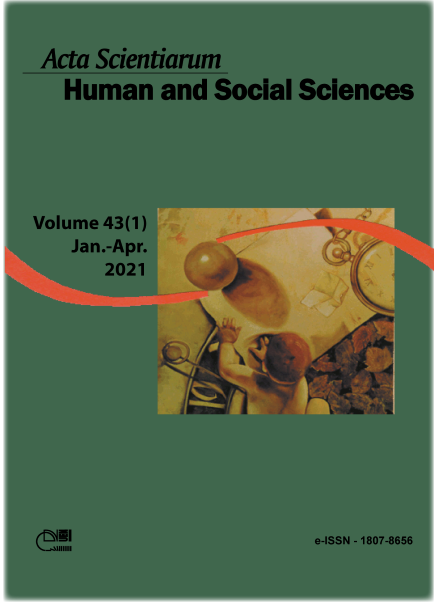Pro-poor growth: an analysis of heterogeneity in Brazilian states (2012-2019)
Abstract
This article aims to analyze the effects of pro-poor growth in Brazil considering the states’ heterogeneity. For this, the panel data regression model with information from the Continuous PNAD from 2012 to 2019 was estimated. The variables analyzed were: average income (proxy to economic growth), income inequality, average schooling of people aged 25 and over, and the informality rate in the labor market. It is also intended to assess the relative importance of each of these variables in determining poverty in the country. The results showed that education and economic growth were pro-poor, while high income inequality and informality are factors that hinder poverty reduction. Schooling had the greatest impact on poverty reduction followed by a drop in income inequality.
Downloads
DECLARATION OF ORIGINALITY AND COPYRIGHTS
I Declare that current article is original and has not been submitted for publication, in part or in whole, to any other national or international journal.
The copyrights belong exclusively to the authors. Published content is licensed under Creative Commons Attribution 4.0 (CC BY 4.0) guidelines, which allows sharing (copy and distribution of the material in any medium or format) and adaptation (remix, transform, and build upon the material) for any purpose, even commercially, under the terms of attribution.
Read this link for further information on how to use CC BY 4.0 properly.
























